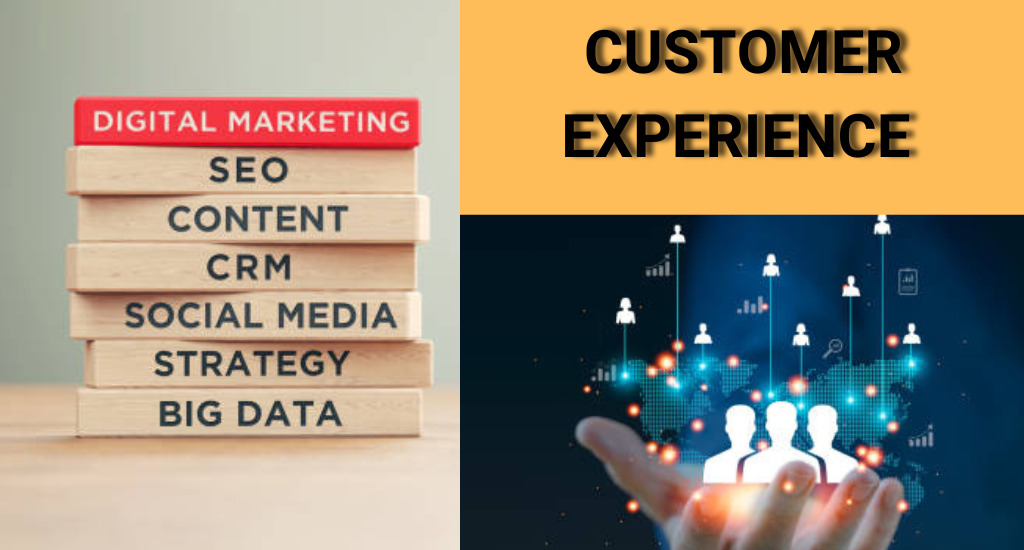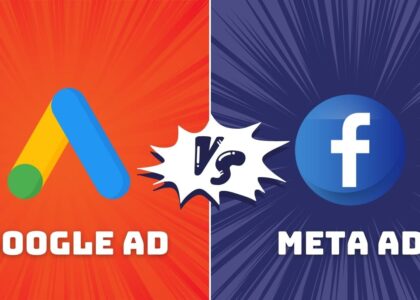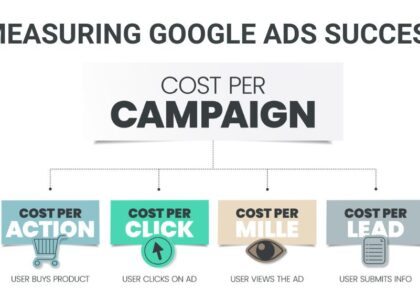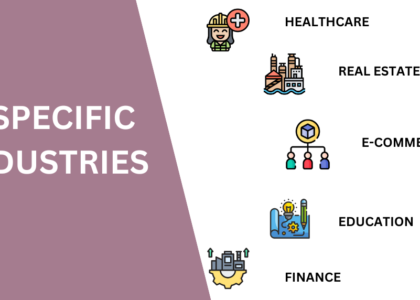In today’s highly competitive digital landscape, businesses must not only attract but also retain customers through exceptional experiences. This blog explores how a digital marketing agency can leverage the synergy between digital marketing strategies and customer experience to drive growth, loyalty, and customer satisfaction.
Understanding Customer Experience
Customer experience (CX) encompasses every interaction a customer has with a brand, from initial awareness to post-purchase support. It includes the usability of a website, the quality of customer service, the personalization of marketing messages, and more. For a digital marketing agency, prioritizing CX means considering every touchpoint and ensuring it contributes to a seamless and positive customer journey. A positive CX can lead to customer loyalty, repeat business, and advocacy, while a negative experience can drive customers away and damage a brand’s reputation.
The Evolution of Digital Marketing
Digital marketing has evolved significantly over the years, driven by technological advancements and changing consumer behaviors. From basic online advertisements to sophisticated data-driven strategies, digital marketing now offers a wide array of tools and techniques designed to enhance customer engagement and satisfaction.
1. Personalization Through Data
One of the most significant ways digital marketing shapes customer experience is through personalization. By leveraging data analytics, businesses can gather insights into customer preferences, behaviors, and interactions. This data enables marketers to create personalized content and offers that resonate with individual customers. Personalized emails, product recommendations, and targeted ads are examples of how data-driven personalization enhances the relevance of interactions, leading to a more satisfying customer experience.
2. Real-Time Interaction
Digital marketing enables real-time interaction between brands and customers. Social media platforms, live chat, and instant messaging tools allow businesses to respond to inquiries, address concerns, and engage with customers promptly. This immediate interaction helps in building trust and demonstrates a brand’s commitment to customer satisfaction.
3. Content Marketing and Customer Engagement
Content marketing plays a vital role in shaping customer experience by providing valuable and relevant information that engages customers. Blogs, videos, infographics, and interactive content help educate and inform customers, positioning the brand as a trusted authority. Engaging content not only captures attention but also fosters a deeper connection with the audience, enhancing overall customer satisfaction.
4. Customer Feedback and Continuous Improvement
Digital marketing tools facilitate the collection and analysis of customer feedback through surveys, reviews, and social listening. By actively seeking and responding to customer feedback, businesses can identify pain points, address issues, and continuously improve their offerings. This iterative approach to customer experience ensures that brands remain responsive and adaptable to changing customer needs.
5. Automation and Efficiency
Marketing automation tools streamline repetitive tasks, such as email campaigns, social media posting, and customer segmentation. By automating these processes, businesses can ensure timely and consistent communication with customers. Automation also allows for more efficient handling of customer interactions, freeing up time for marketers to focus on strategic initiatives that enhance the customer experience.
Enhancing CX Through Digital Marketing Strategies
To truly optimize the intersection of digital marketing and customer experience, a digital marketing agency must implement strategies that focus on customer-centricity. To effectively leverage digital marketing in shaping customer experience, businesses should consider the following strategies:
1. Data-Driven Insight
Data is the backbone of effective digital marketing and CX optimization. A digital marketing agency can leverage data analytics to gain insights into customer behavior, preferences, and pain points. Implementing digital marketing strategies with a focus on data-driven insights can significantly enhance CX, making it more personalized, engaging, and effective.
2. Customer Journey Mapping
Understanding the customer journey is crucial for identifying opportunities to enhance CX. A digital marketing agency can create detailed customer journey maps that outline every touchpoint and interaction a customer has with the brand. This helps identify pain points, areas for improvement, and opportunities to delight customers at each stage of their journey.
3. Omnichannel Marketing
Customers interact with brands across multiple channels, and a seamless omnichannel experience is essential for a positive CX. A digital marketing agency can develop integrated marketing strategies that ensure consistency and cohesion across all channels, including social media, email, website, and mobile. This approach provides customers with a unified and seamless experience, regardless of how they choose to engage with the brand.
4. Responsive Customer Support
Providing excellent customer support is a critical component of CX. A digital marketing agency can implement chatbots, live chat, and AI-driven customer service solutions to offer timely and efficient support. By addressing customer inquiries and issues promptly, businesses can enhance satisfaction and build long-term loyalty.






